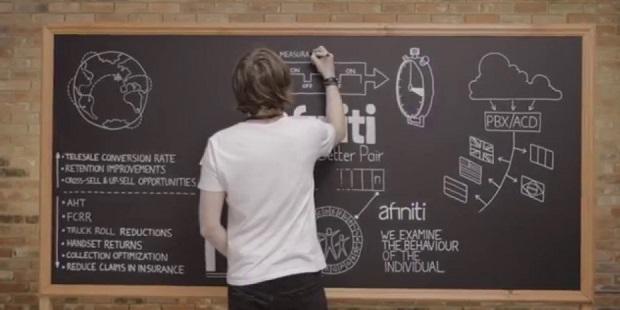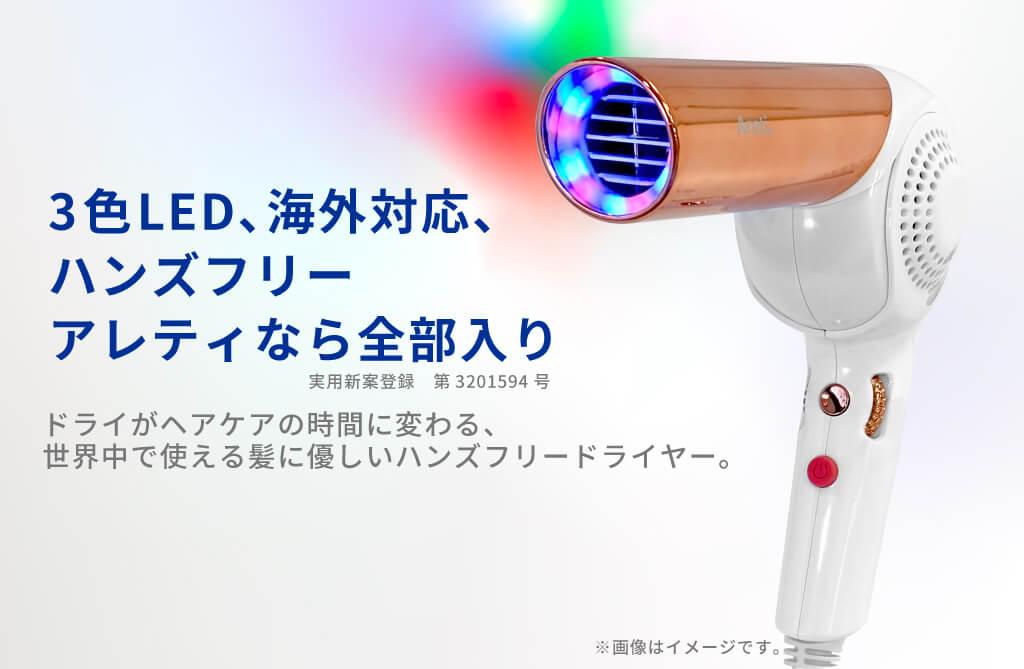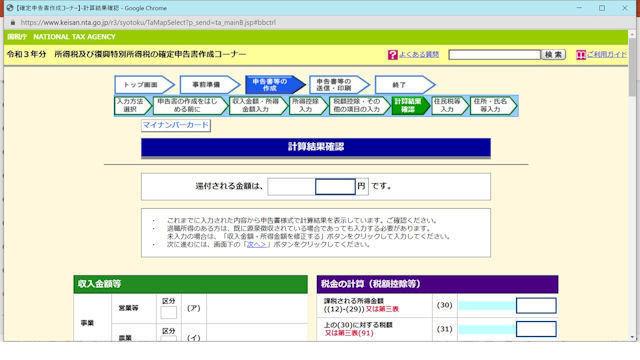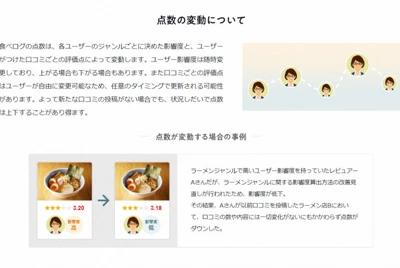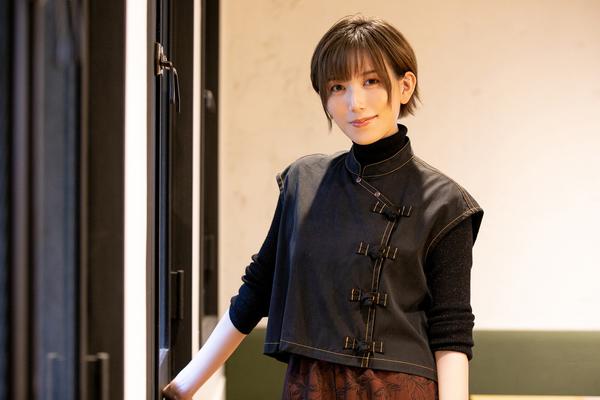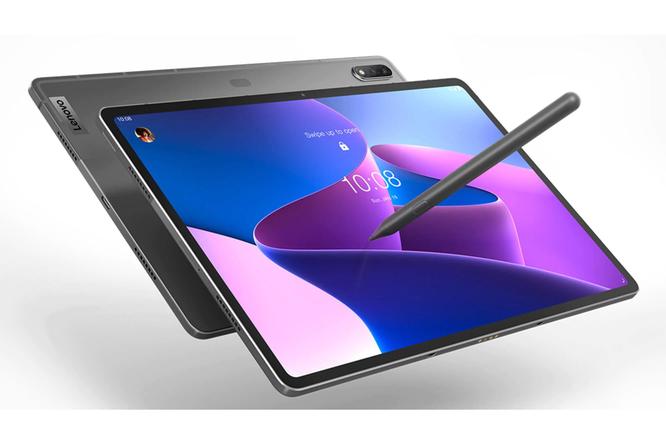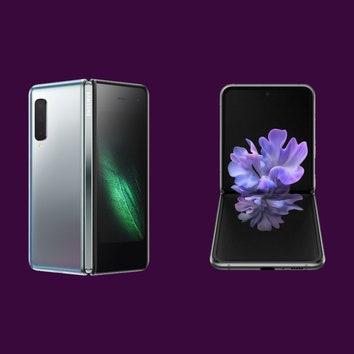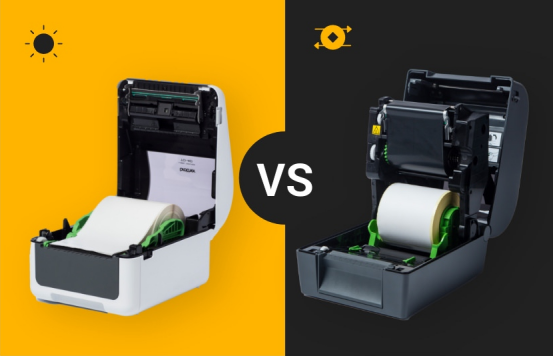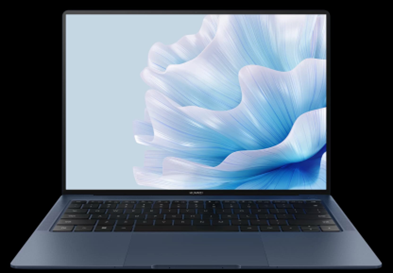Afiniti, a provider of AI for sales people, applies for an IPO with a valuation of US $ 1.6 billion | BRIDGE Technology & Startup Information
It's no wonder you haven't heard of Afiniti, which is headquartered in Washington, DC. The company may be the first AI-specialized company to apply for an IPO since last year, when the AI boom hit.
Afiniti says it can use AI to help companies effectively match salespeople with their customers, boosting sales by an average of 4-6%.
Since its inception 11 years ago, Afiniti has been quietly active and has preferred to attract customers quietly rather than slamming PR.
But now Afiniti is about to get attention. VentureBeat found that the company secretly applied for his IPO at the end of last year. It is also valued at $ 1.6 billion after the fourth round of funding of $ 80 million, which closed last week (the second week of April). According to detailed sources, it may be listed as early as this fall.
Bloomberg first reported in January this year that the company is considering listing.
We interviewed Zia Chishti, the founder and CEO of Afiniti, to ask for more information about the company, but couldn't get more information than what The Wall Street Journal published in January. ..
Chishti quoted the US Securities and Exchange Commission's guidelines for his IPO and said he couldn't comment on the company's finances. (According to sources, Afiniti will not be profitable this year, but it is expected to be profitable in 2018, starting in June. And apart from this, if this growth continues, he will be profitable for Afiniti. Will be 100% increase rate.)
Chishti is already an experienced entrepreneur, and the company's board has enough directors and advisors to surprise Wall Street. Chishti previously co-founded, founder and CEO of Align Technology, an orthodontic appliance company with a current valuation of nearly US $ 10 billion.
The board includes celebrities such as Ivan Seidenfeld, former US Treasury Secretary John Snow, and former Spanish Prime Minister José Maria Aznar, who is the former chairman and CEO of Verizon.
The most recent rounds were GAM, McKinsey & Co, Resource Group, Richard Gephardt's G3 investments, Elisabeth Murdoch, Sylvain Héfès, former BP CEOs John Browne, Ivan Seidenfeld, and more. Former President of Verizon, Larry Babbio. The company has already raised more than US $ 100 million, including the funds it has raised so far.
Initially, Afiniti focused on serving large carriers and insurance companies with large call centers, but expanded to medical institutions and banks, Chishti said. Recently, I am paying attention to retail stores. Afiniti says it will allow customers entering the store to meet the best sales person.
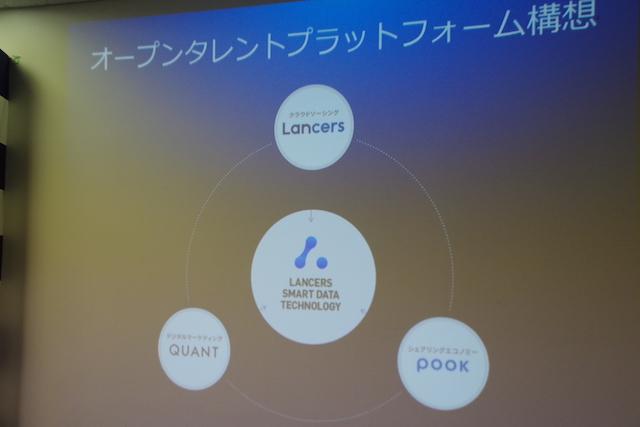
In general, companies that use his Afiniti for revenue growth average sales growth of 4-6%. Chishti expects the average to settle to around 4.5% in the long run.
When a customer calls a call center, Afiniti searches up to 100 databases for information based on phone number (landline or mobile). These databases store purchase history, income, and information on the purchasing group to which they belong. Examples of databases include credit companies Experian, data companies Acxiom, Targus, Allant, social networks such as Facebook and LinkedIn, and even census archives in the region of origin of the call. Afiniti then forwards the call to a sales person who, based on the company's historical information, determines that it can most effectively sign a contract with the same type of customer.
Chishti didn't reveal the actual case of how the pairing would take place. There are so many factors involved in pairing that it is difficult to give a clear example. However, as a simplified example, Afiniti would pair the two because a Midwestern representative would be particularly well-suited to a call from a high-income housewife in the same area.
Chishti explains that pairing software applies "basically something like 3D regression" to data about people and customers, and continues to learn.
Afiniti charges a competitive fee for the service compared to the customer's replacement acquisition cost. For example, a large telecommunications company may pay an average of US $ 100-200 to acquire customers using other means such as his Google advertising, door-to-door sales, and direct mail. In that case, Afiniti charges the lowest fee within that range. It also allows the function to be turned on and off as a means of proving the effectiveness of the service. For example, by enabling the service for 15 minutes and then disabling it for 5 minutes, you can compare how many of the incoming calls the contract was made.
Dozens of customers are listed on the company's website. Sources say it has already acquired all of North America's major carriers, with one or two exceptions.
Afiniti, for example, said his telecom giant T-Mobile optimized 50 million calls a year, generating US $ 70 million in additional revenue annually. This is due to a 5% increase in telesales revenue, a 5% increase in existing customer retention, and a 2% reduction in technical issue handling time.
When asked if there are any listed or unlisted services that compete with the company, Chishti says Afiniti can't think of any company that offers something similar to what he's doing with AI. Answered. "We are somewhat unique in that we are the only company that can accurately measure the impact of AI," he said.
There are other companies that claim to use AI, but in most cases he can't measure how well he's doing compared to non-AI means.
Chishti says he has several companies, such as Pegasystems, that are using AI to grow rapidly. However, Pegasystems, like any other company, is more focused on information retrieval technology, optimizing how it engages and responds to its customers.
[VentureBeat will analyze these techniques in detail at his MobileBeat event in San Francisco in July. The event will focus on how AI and other personalization technologies are disrupting the large marketing ecosystem. ]
According to Chishti, 500 of Afiniti's 700 employees are engineers. Two-thirds of these engineers are responsible for user interfaces for client companies. The rest are AI engineers, divided into business analytics and machine learning teams.
Of course, the company's entry into the retail business will have a significant impact on privacy. Afiniti wants the system to remember people at his point-of-sale storefront so that they can recognize them when they visit the store again. Facial recognition technology is used to combine that information with past purchase history and other data associated with the person about the person. Just as a customer enters the store, Afiniti will pair you with the most suitable sales person.
There are no laws prohibiting such technologies, but retailers may be reluctant to adopt them. So far, no retailer has used the technology, according to Afiniti.
[Via VentureBeat] @VentureBeat
[Original]
BRIDGE operates a membership system "BRIDGE Members". The member community "BRIDGE Tokyo" provides a place where startups and readers can connect through tech news, trend information summarization, Discord, events, and so on. Registration is free.Free member registration
 notebook-laptop
notebook-laptop